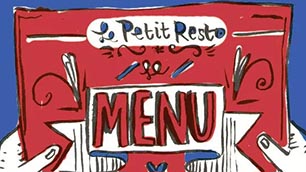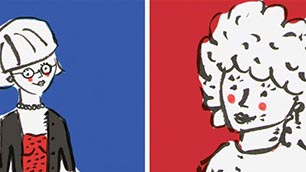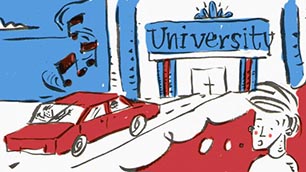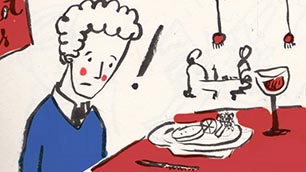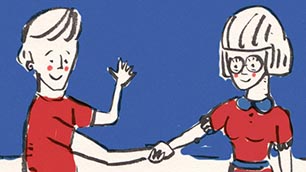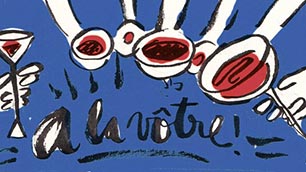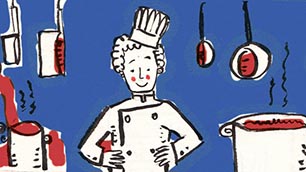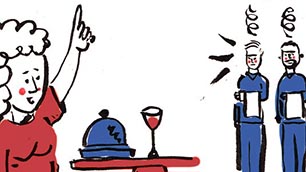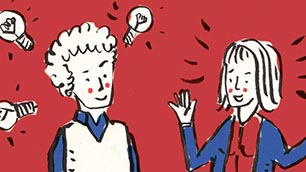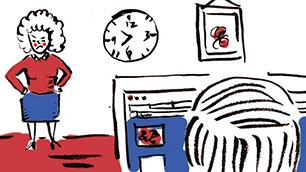Disjunctive pronouns are also known as stressed pronouns. There are 9 forms in French :
Disjunctive pronouns are often used to emphasize a noun or pronoun that refers to a person whose identity is evident from the context. Disjunctive pronouns are in some ways similar to English disjunctive pronouns. Sometimes, however, they differ greatly and require different sentence structures than in English. Let’s examine some of their uses.
| moi = I, me | nous = we, us |
| toi = you | vous = you |
| lui = he, him elle = she, her soi = one | eux = they, them (masc) elles = they, them (fem) |
Disjunctive pronouns are often used to emphasize a noun or pronoun that refers to a person whose identity is evident from the context. Disjunctive pronouns are in some ways similar to English disjunctive pronouns. Sometimes, however, they differ greatly and require different sentence structures than in English. Let’s examine some of their uses.




